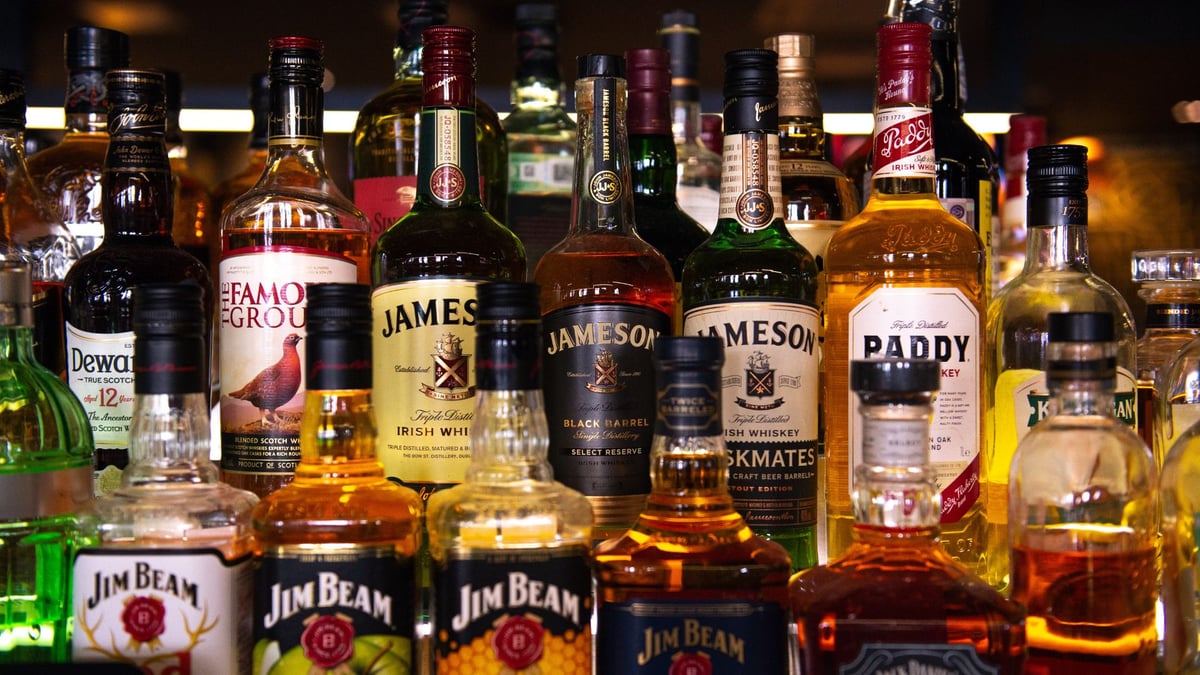The US Surgeon General, Dr. Vivek Murthy, is calling for cigarette-style warning labels on alcohol to highlight its link to cancer. Current alcohol warning labels have not been updated since 1988, and any changes would require Congressional approval.
“Alcohol is a well-established, preventable cause of cancer responsible for about 100,000 cases of cancer and 20,000 cancer deaths annually in the United States – greater than the 13,500 alcohol-associated traffic crash fatalities per year in the US – yet the majority of Americans are unaware of this risk,” Murthy said.

Alcohol Is the third-leading preventable cause of cancer
Alcohol ranks as the third-leading preventable cause of cancer in the United States, after tobacco use and obesity. Regardless of the type of alcohol consumed-whether beer, wine, or spirits-the cancer risk remains, and the risk increases with higher consumption levels.
“The direct link between alcohol consumption and cancer risk is well-established for at least seven types of cancer,” said Dr. Murthy.
Types of cancer linked to alcohol
Alcohol is associated with seven types of cancer, including cancers of the breast, colorectum, esophagus, liver, mouth, throat, and voice box. The risk varies depending on the type and amount of alcohol consumed. According to National Institutes Of Health, here are types of cancers risks linked to alcohol.
Head and neck cancers: Moderate drinkers have a 1.8-fold higher risk of oral cavity and throat cancers and a 1.4-fold higher risk of voice box cancers compared to non-drinkers. Heavy drinkers face fivefold higher risks for oral cavity and throat cancers and 2.6 times higher risks for voice box cancers.
Esophageal cancer: Drinking alcohol increases the risk of esophageal squamous cell carcinoma. Light drinking raises the risk by 1.3 times, while heavy drinking nearly quintuples the risk.
Liver cancer: Heavy alcohol consumption is linked to a twofold increased risk of hepatocellular carcinoma and intrahepatic cholangiocarcinoma.
Breast cancer: Research shows that light drinkers face a slightly higher risk (1.04 times), while moderate and heavy drinkers face 1.23 and 1.6 times higher risks, respectively, compared to non-drinkers.

How can alcohol increase cancer risk?
Alcohol consumption increases cancer risk through multiple mechanisms. Once ingested, alcohol breaks down into acetaldehyde, a toxic chemical that can damage DNA and proteins. Damaged DNA can cause cells to grow uncontrollably, which may lead to cancer.
Alcohol also generates reactive oxygen species that harm DNA, proteins, and fats in the body. Additionally, it disrupts the body’s ability to absorb cancer-preventing nutrients, such as vitamins A, B, C, D, E, and carotenoids.
In women, alcohol raises estrogen levels, which can increase the risk of breast cancer. Furthermore, some alcoholic beverages contain carcinogenic contaminants, such as nitrosamines and hydrocarbons, introduced during fermentation and production processes.

Can one drink a day also pose cancer risk?
Even low levels of alcohol consumption can increase cancer risk. “The risk may begin to develop with one or fewer drinks per day,” the Surgeon General’s office noted. For cancers like breast, mouth, and throat cancer, this risk starts to accumulate even with light drinking.
Studies estimate that alcohol was responsible for 3.5% of all cancer deaths in the United States, totaling approximately 19,500 lives lost annually. Light drinkers, as well as binge drinkers (4+ drinks for women or 5+ drinks for men in one sitting), are not exempt from these risks.

Doctor calls for greater public awareness
Dr. Murthy has stressed the importance of raising public awareness about alcohol’s link to cancer and reevaluating recommended alcohol consumption guidelines. “Healthcare providers should encourage alcohol screening and treatment referrals as required,” the Surgeon General’s report highlighted.
Factors such as genetics and environment also play a role in an individual’s cancer risk. However, limiting alcohol intake is one of the most effective ways to reduce the risk.
Alcohol, commonly found in beverages, medicines, and even household products, is classified as a known human carcinogen by the National Toxicology Program. As more evidence emerges linking alcohol to cancer, the push for clearer warning labels aims to help the public make informed decisions about their health and alcohol consumption.
